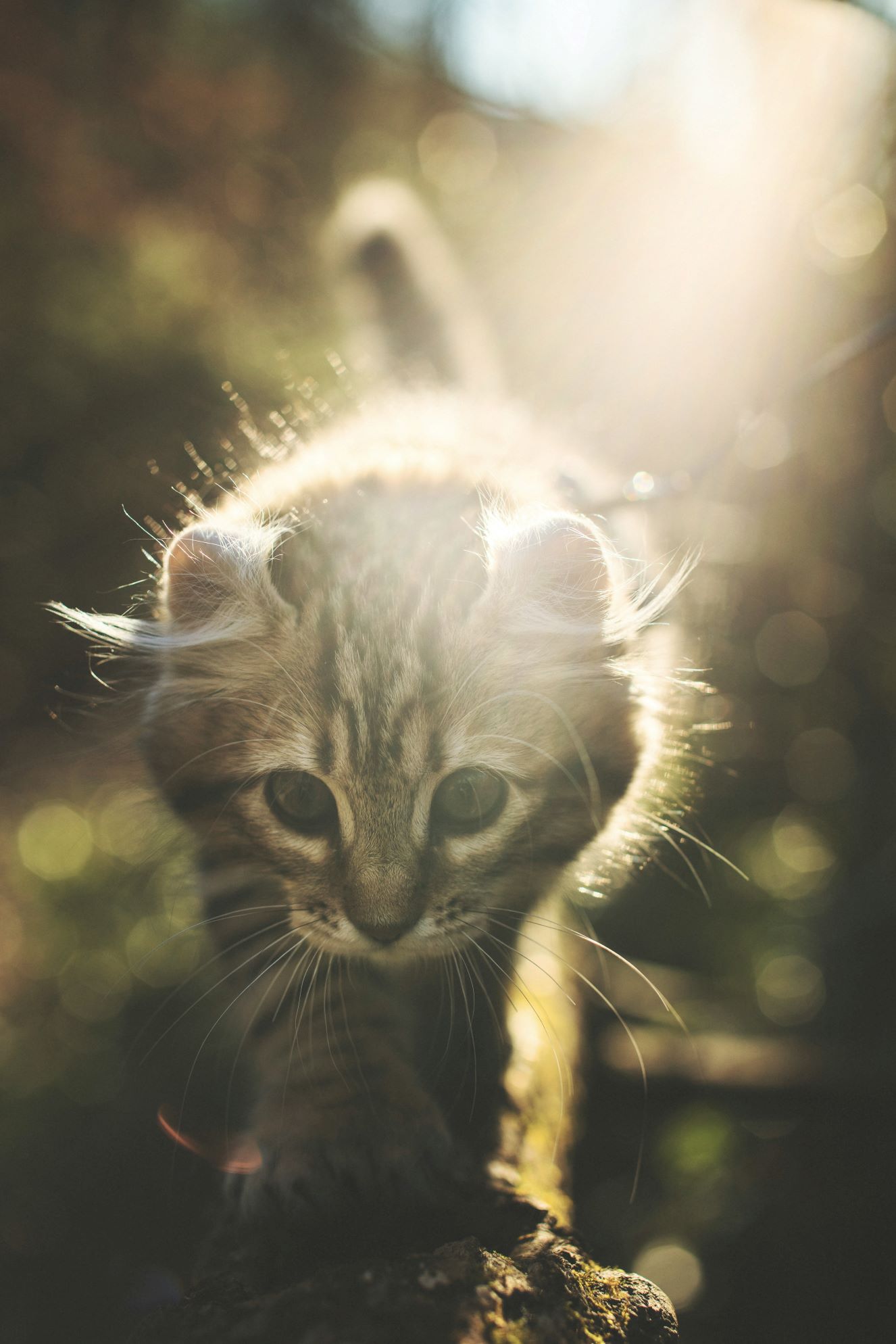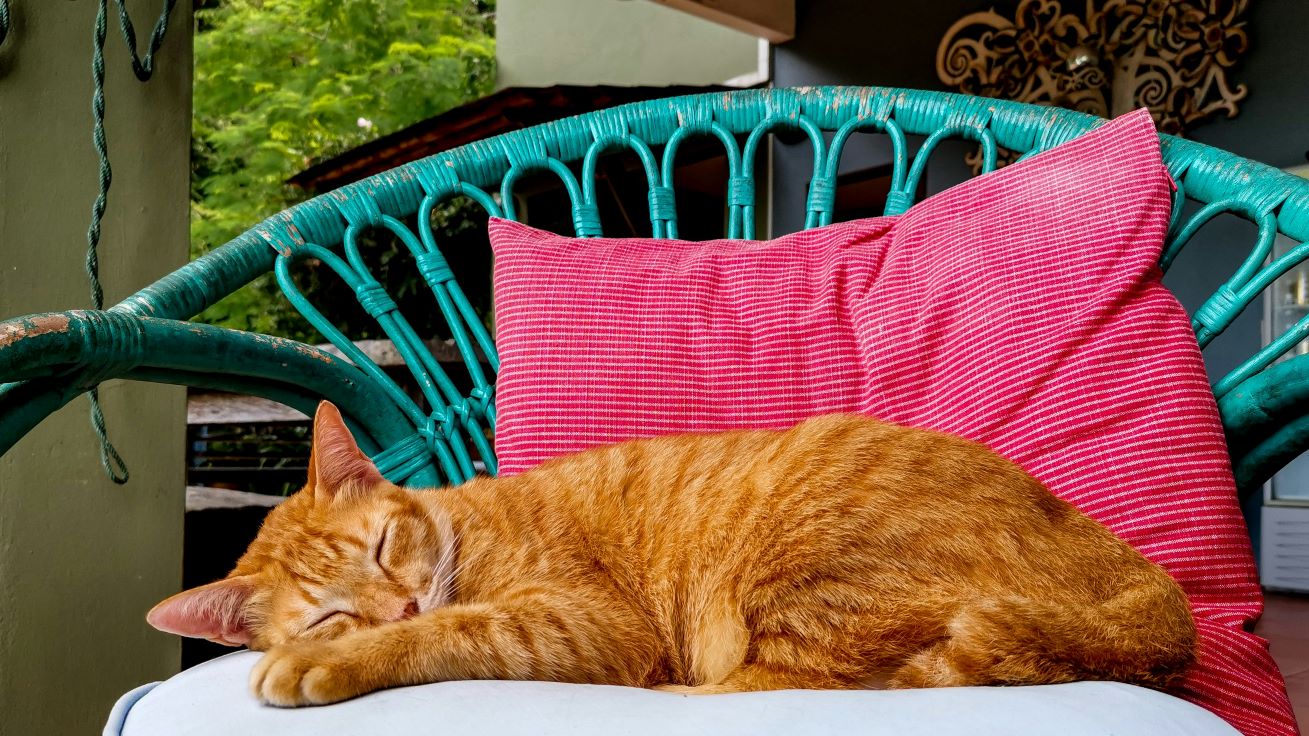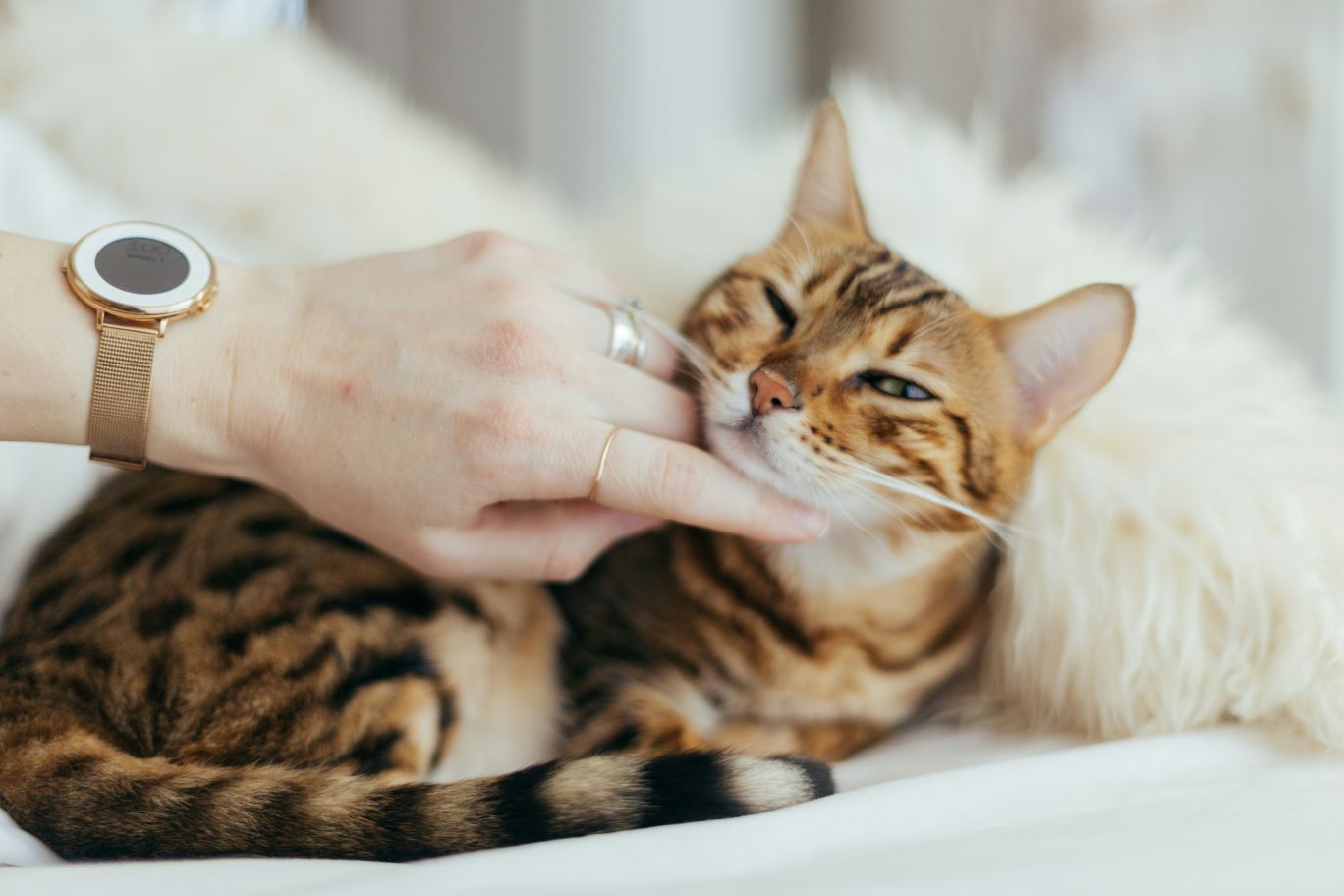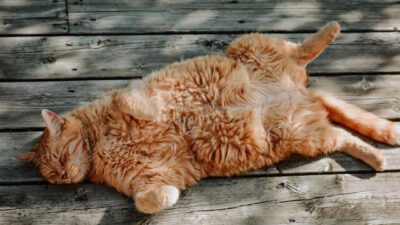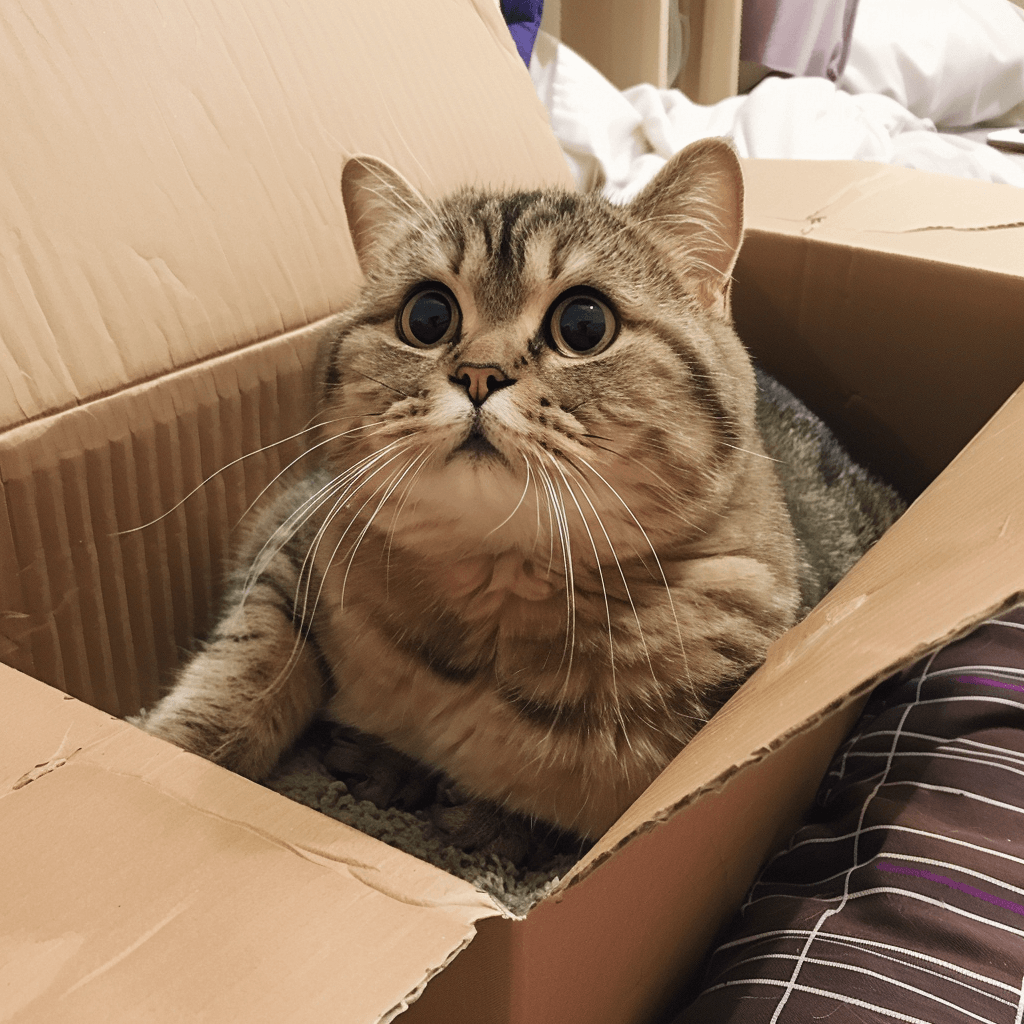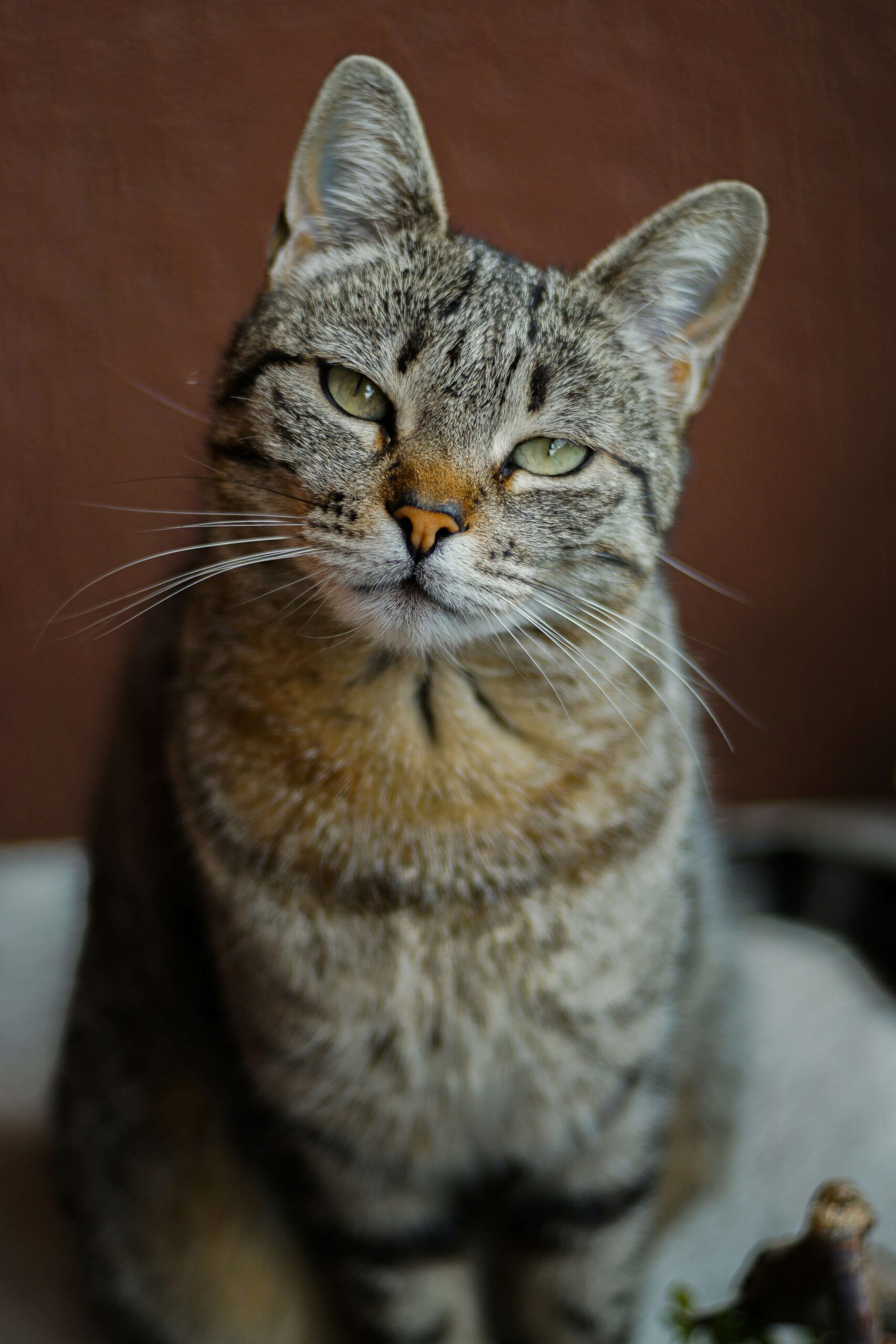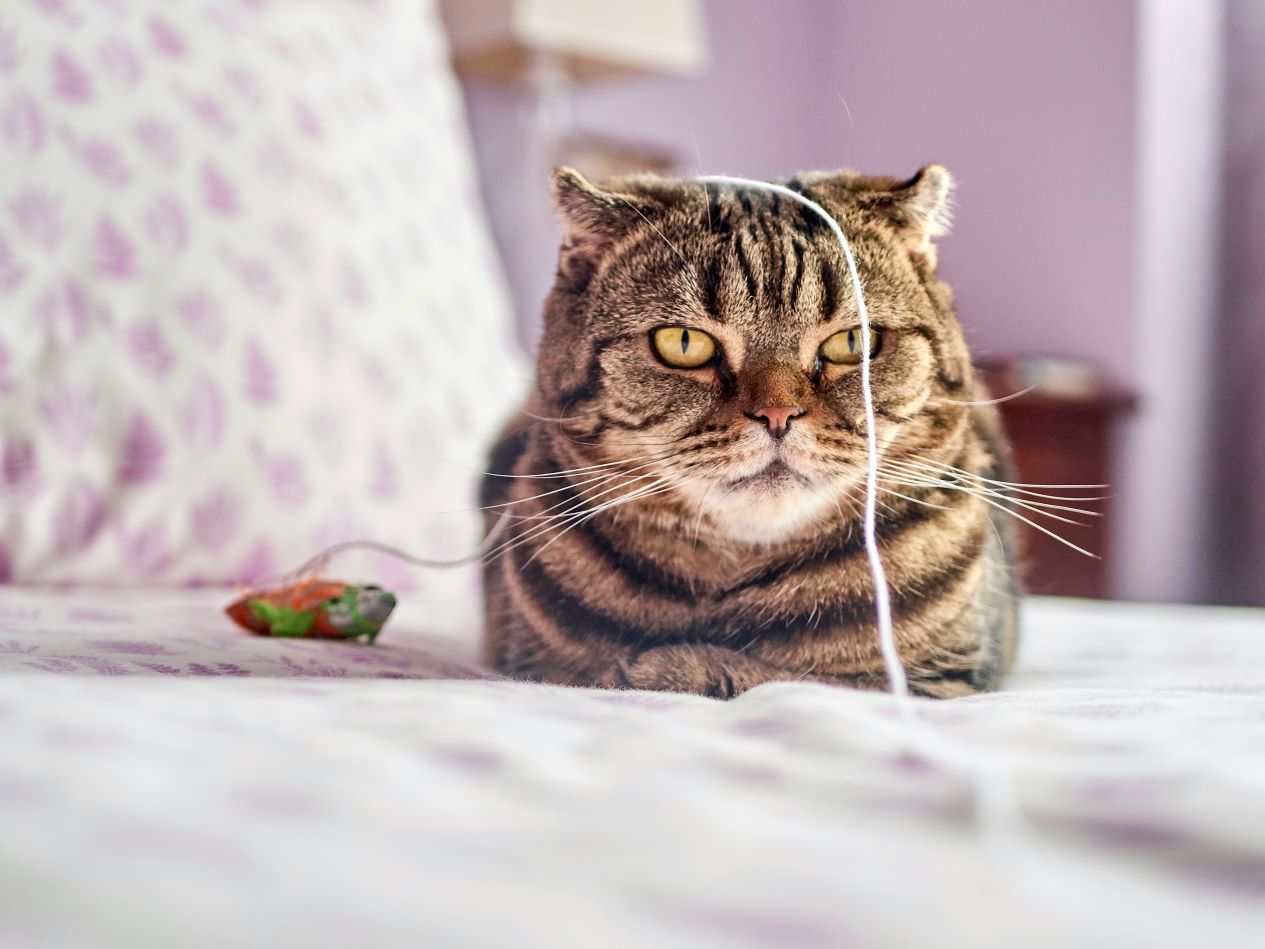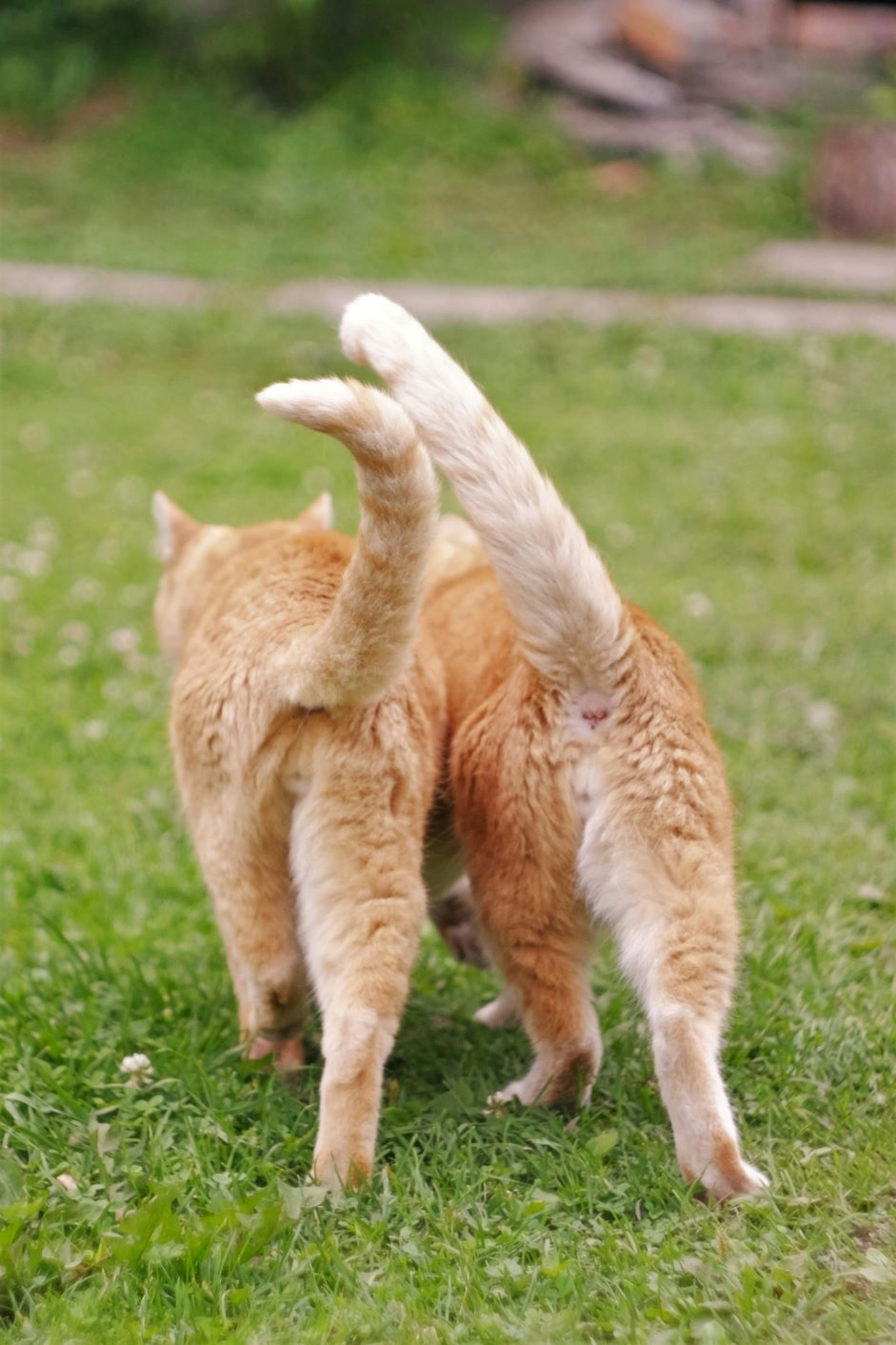Understanding the Indoor Cat Hunting Instinct
Have you ever wondered why your cat loves to stalk and hunt? Understanding your feline friend’s natural instincts can unlock the key to providing enriching experiences that keep them happy and healthy. In this guide, we’ll explore the fascinating world of cat behavior and provide practical tips for satisfying their hunting instincts in safe and stimulating ways.
The Natural Predatory Behaviors of Cats
Cats are born hunters, and their instinct to stalk, chase, and pounce is deeply ingrained from an early age. Kittens as young as three weeks old exhibit playful behaviors that mimic hunting, providing them with essential skills for survival in the wild. While some cats may outgrow these behaviors as they mature, many retain their playful nature throughout their lives.
Creating Enriching Play Experiences
To satisfy your cat’s hunting instincts and keep them mentally and physically stimulated, consider incorporating enrichment activities into their daily routine. Here are some ideas to try:
- Interactive Toys: Invest in toys that encourage stalking and pouncing, such as feather wands, laser pointers, or remote-controlled toys. These mimic the movement of prey and provide an engaging outlet for your cat’s hunting instincts.
- DIY Hunting Games: Get creative and make your own hunting games using household items like paper bags, cardboard boxes, or crumpled paper balls. Hide treats or toys inside and let your cat “hunt” for them around the house.
- Outdoor Enclosures: If you have outdoor space, consider building a secure enclosure where your cat can safely explore and engage in natural behaviors like stalking insects or watching birds.
Recognizing Behavioral Cues
Learning to recognize subtle cues in your cat’s body language can help you understand when they’re in hunting mode and ready to play. Dilated pupils, crouched posture, and twitching tail are all signs that your cat is focused and ready to pounce. Encourage their natural behaviors by providing opportunities for play when you notice these cues.
Indoor vs. Outdoor Dynamics
The dynamics of hunting behaviors differ between indoor and outdoor cats. While outdoor cats have access to a wide range of natural stimuli, indoor cats may require additional enrichment to satisfy their hunting instincts. By creating an indoor environment that mimics the outdoors—complete with climbing structures, hiding spots, and interactive toys—you can provide your cat with plenty of opportunities for hunting play.
Health Considerations and Training Techniques
It’s essential to consider your cat’s health and safety when engaging in hunting play. Avoid toys with small parts that could be swallowed, and monitor your cat’s activity to prevent overexertion or injury. If your cat exhibits excessive hunting behaviors that interfere with their well-being, consult with a veterinarian or animal behaviorist for guidance on training techniques and behavior modification strategies.
Breed Variations and Personalized Enrichment
Keep in mind that different cat breeds may have varying levels of hunting drive and play preferences. Some breeds, such as Bengals or Abyssinians, are known for their high energy and love of interactive play, while others may prefer quieter activities. Tailor your enrichment efforts to your cat’s individual needs and preferences to ensure they receive the most benefit from playtime.
By understanding and embracing your cat’s natural instincts, you can provide them with a fulfilling and enriching life that supports their physical and emotional well-being. Whether indoors or outdoors, every cat deserves the opportunity to indulge their hunting instincts in a safe and stimulating environment.
Tabby cats, known for their playful spirits and distinctive markings, harbor a natural predator within. Their hunting instincts, a trait inherited from their wild ancestors, play a significant role in their behavior, even for those living the comfortable life of an indoor cat. Let’s dive into the fascinating world of tabby cats and their inherent hunting instincts, exploring how these behaviors manifest in a domestic setting.
Your Cat is a Mighty Hunter
The Innate Drive to Hunt
The indoor cat hunting instinct is an inherent part of a cat’s nature, deeply embedded in their DNA. Despite the safety and comfort of indoor living, tabby cats retain the drive to stalk, pounce, and capture, mimicking the actions of their wild counterparts.
Why Do Cats Hunt Their Owners?
It’s not uncommon for cat owners to find themselves the target of their tabby’s hunting games. This behavior is a blend of affection, play, and the exercising of their predatory skills. When a cat “hunts” their owner, it’s often a sign they’re seeking interaction and stimulation, using their natural instincts in the only way they know how.
How Do Cats Hunt?
Cats are solitary hunters by nature. The process involves several key behaviors: stalking their prey with stealth, the thrilling chase, the pounce, and finally, the capture. This sequence is practiced from kittenhood and refined throughout their lives, fulfilling both a physical need and mental desire.
The Timing of the Hunt
Cats, including tabby cats, are crepuscular, meaning they are most active during dawn and dusk. This is the prime time of day cats hunt, taking advantage of the low light to catch their prey off guard. Indoor cats may exhibit increased playfulness and energy during these hours, reflecting their natural hunting rhythms.
Curiosities of Cat Hunting Behavior
Playing with Prey
Why do cats play with their prey after it’s dead? This behavior allows them to practice the kill sequence safely, ensuring they can effectively catch live prey. For indoor cats, toys often become the substitute for prey, satisfying this instinctual play.
The Age Cats Stop Hunting
Interestingly, there is no specific age when cats stop hunting. While the intensity may decrease with age, even senior cats will display hunting behaviors, proving the instinct never truly fades but remains an integral part of their being.
Minimizing Unwanted Hunting Behavior
Addressing Excessive Hunting
If you find your tabby cat hunting excessively, it’s crucial to redirect this energy positively. Provide ample playtimes with toys that stimulate their hunting instincts, such as laser pointers or feather wands, to satisfy their predatory drive in a controlled manner.
The Stop Cat Hunting Collar
For tabbies that venture outdoors and present a danger to local wildlife, a stop cat hunting collar can be an ethical solution. These collars are designed to alert potential prey with bright colors or bells, giving them a chance to escape and reducing the cat’s success in hunting.
Conclusion
The hunting instincts of tabby cats, whether displayed through playful ambushes on their owners or the twilight zoomies, are a window into the secret life of these fascinating creatures. By understanding and engaging with these natural behaviors, owners can ensure their indoor cats live fulfilled, happy lives, channeling their inner predator in harmless, enjoyable ways.
Frequently Asked Questions
Do tabby cats like to hunt?
Yes, tabby cats, like all cats, have an innate hunting instinct. They enjoy engaging in behaviors that mimic hunting, even in an indoor environment.
Do cats know they are playing, or do they think they’re hunting?
Cats may not differentiate between playing and hunting. Their play behavior is deeply rooted in their hunting instincts, so when they play, they’re essentially practicing hunting techniques.
What triggers a cat’s hunting instinct?
Movement triggers a cat’s hunting instinct. Small, quick movements, such as those made by toys, other animals, or even your moving feet, can initiate this instinctual behavior.
How do I satisfy my cat’s hunting instinct?
You can satisfy your cat’s hunting instinct by providing interactive toys that mimic prey, like feather wands or laser pointers, and using puzzle feeders to simulate the challenge of hunting for food.
How do domesticated cats know how to hunt with no prior experience?
Cats have an innate ability to hunt that is passed down genetically. Even without prior experience, they instinctively know how to stalk, pounce, and capture prey.
Are tabby cats one of the more aggressive domestic cats?
Tabby cats are not inherently more aggressive than other domestic cats. Their behavior, including hunting, is natural and not a sign of aggression towards humans.
How is it that cats hunt mice for fun when their primary instinct is hunting to eat?
Cats’ play with prey, such as mice, is part of their natural hunting behavior. This play allows them to practice and refine their hunting skills, even if they do not need to hunt for food.
Do cats naturally hunt small game, birds, rodents? Can they be trained to do so?
Yes, cats naturally hunt small game, birds, and rodents due to their predatory instincts. While they instinctively know how to hunt, training is more about managing or redirecting this behavior rather than teaching it.
When a cat is playing with a toy, does it think it’s real prey, or does it know it’s just playing?
When a cat plays with a toy, it’s engaging in behaviors that mimic hunting. While they may not believe the toy is real prey, the actions satisfy their instinctual needs to stalk and capture.
Are cats normally so predatorial at the start of their life that at times they look at humans as another predator or a figure that could harm them?
Kittens are naturally predatory due to their instincts, but they do not typically view humans as predators or threats. Their socialization with humans from a young age helps them differentiate between play, hunting behaviors, and real threats.
Why do cats hunt when they get well-fed by their owners?
Cats hunt due to instinct, not hunger. Their natural predator drive compels them to stalk and capture prey, a behavior that persists even when they receive adequate nutrition from their owners.
